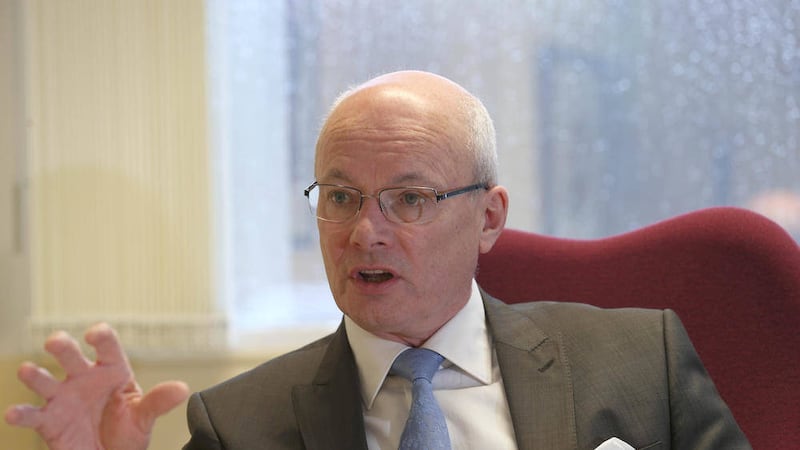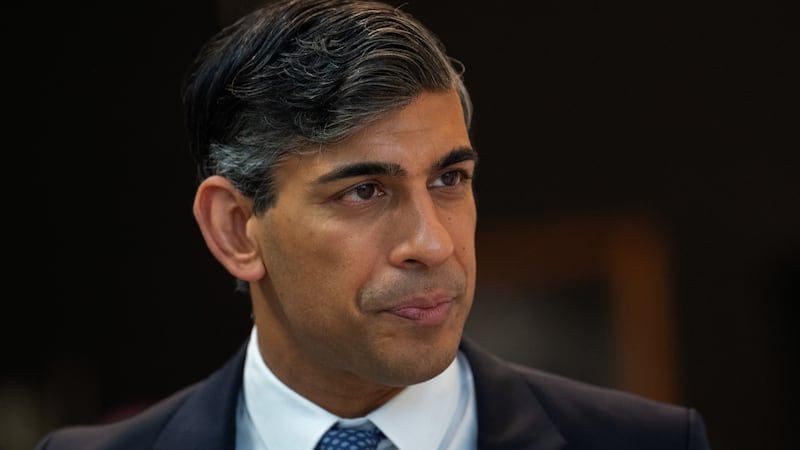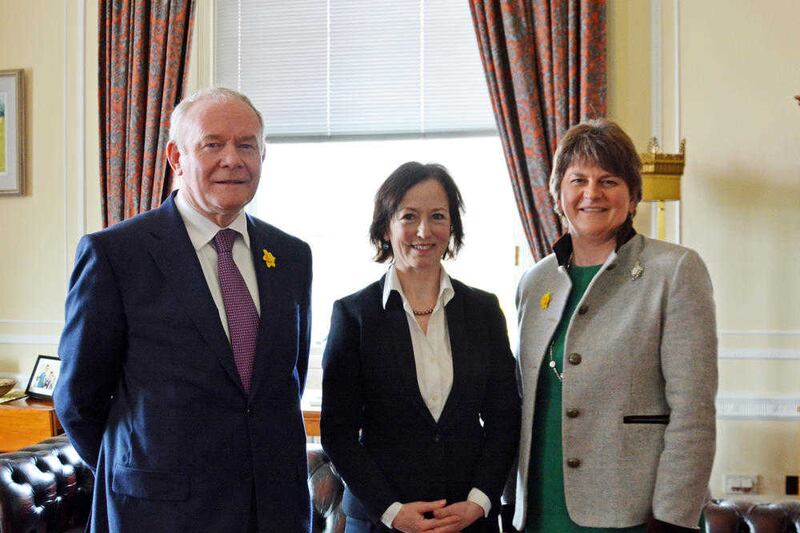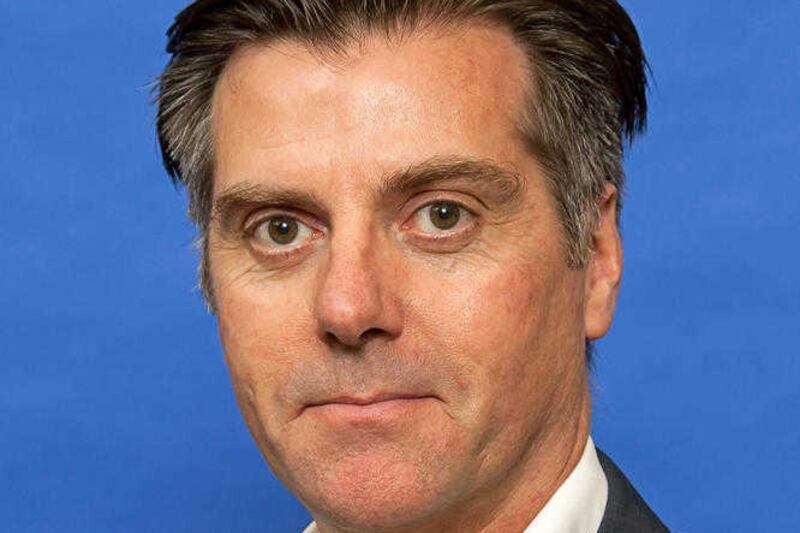The north's quango watchdog has stepped down from his post a year early and delivered a stinging valedictory which criticises Stormont's leaders and elements within the civil service.
John Keanie said he is quitting as commissioner for public appointments after four years due to frustration at a lack of change in the way quango members are selected.
Mr Keanie has particular concerns about the failure to address the propensity of white, middle-aged males on the boards of public bodies, as well as people sitting on several quangos at one time.
The departing commissioner has highlighted a lack of political leadership from the Office of the First Minister and Deputy First Minister (OFMDFM) alongside the "reactive nature of officialdom".
Mr Keanie monitors appointments to quangos and reports on the selection process when concerns are raised.
He believes the boards of north's arm's length bodies are staffed by "very capable people" but feels their reputation is tarnished by the failure to redress the public perception of 'jobs for the boys'.
The commissioner said he is satisfied that the selection process is sound once candidates are shortlisted but believes the perception of a closed shop discourages many members of the public from applying for quango posts.
"What is really not fair is the whole culture of public appointments – the way job descriptions are developed," Mr Keanie told the Irish News.
"The system is filling slots on boards rather than assembling teams of complementary abilities, views and perspectives. That’s intrinsically unfair to the wide range of people who would like to contribute."
He spoke of a lacklustre response to 26 recommedations he made in January last year for improving the quango appointment process and making it more appealing to females, ethnic minorities and those with disabilities.
"In my interview for this post I made it very clear to the panel that I would be measured on diversity but I was appalled at the lack of support that that part of my work generated in the system and I increasingly became appalled by it," he said.
The commissioner said senior civil servants supported his recommendations "in principle" but took six months to "tell me what I already knew – that all the recommendations were feasible".
"It’s 18 months since my report was published and all I hear is ‘we’re going to do more research on it’," he said.
"Despite all the supportive talk in principle I don’t see any change in the public appointment process."
Mr Keanie said suggestions that his remit be widened to enable interventions before appointments were made was met with resistance from within the civil service.
"The reaction was astounding," he said.
"Talk about resistance to change – there is even resistance to constructive suggestions."
The departing commissioner also believes that there should be a limit on the number of quangos any one individual can sit on – no more than two boards at once, he says.
"For the life of me I can’t see how you could do four public appointments – if there of any real substance – and really give them the attention they require," he said.
"It’s stretching credulity to say there are people around who can give the right commitment to posts."
In March, The Irish News revealed how a Co Down solicitor stood to earn earn more than £50,000 a year sitting on seven different quangos.
An OFMDFM spokesman said the department recognised the valuable work Mr Keanie had carried out, particularly in highlighting the need to increase diversity in public appointments.
"This is an important issue for everyone concerned and we take it very seriously," the spokesman said.







